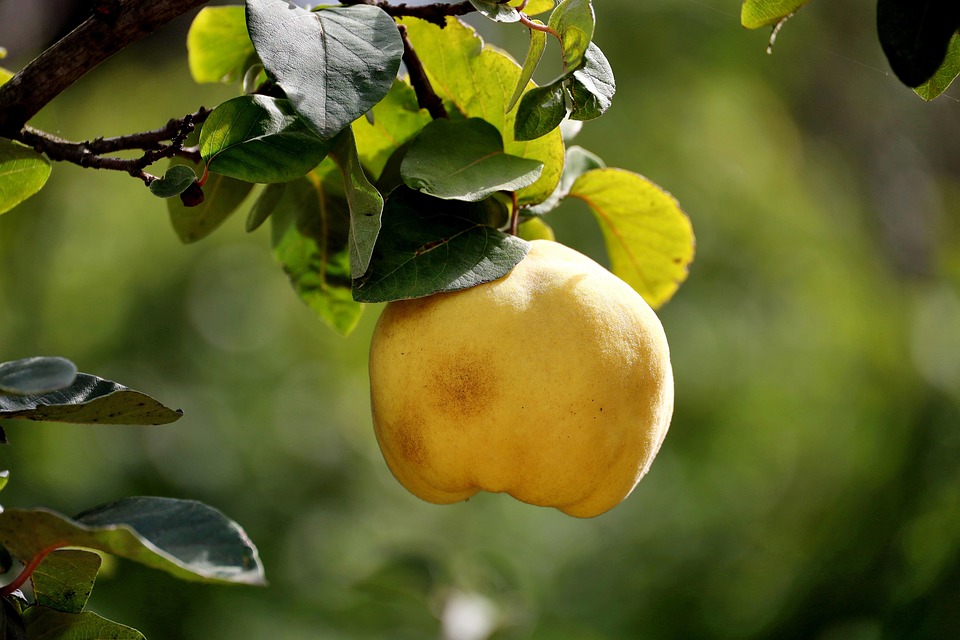In recent years, the organic food movement has gained remarkable momentum, reshaping our plates, kitchens, and even our fields. A response to chemical-laden industrial agriculture, the organic revolution emphasizes sustainability, health, and environmental stewardship, transforming how we think about food.
Understanding Organic Food
At its core, organic food is produced without synthetic fertilizers, pesticides, or genetically modified organisms (GMOs). Instead, it relies on natural methods such as crop rotation, composting, and biological pest control. The result is food that not only promotes personal health but also supports ecological balance.
The Rise of the Organic Consumer
The surge in organic food consumption is driven by a growing awareness of food safety, nutrition, and environmental concerns. A 2021 report by the Organic Trade Association revealed that organic food sales in the U.S. reached over $61 billion, a figure that continues to rise annually. Consumers are increasingly motivated by a desire for foods that are not only healthy but also ethically produced.
Healthier Choices
One of the significant reasons people are turning to organic food is the belief that it is healthier. Studies have shown that organic produce generally has lower pesticide residues, although the nutritional differences between organic and conventional foods remain debated. Nevertheless, the perception that organic foods are fresher and of higher quality continues to resonate with health-conscious consumers.
Environmental Benefits
The environmental advantages of organic farming are profound. Organic practices enhance biodiversity, improve soil health, and reduce pollution. By avoiding synthetic chemicals, organic farmers promote a healthier ecosystem, which in turn leads to resilient agricultural practices. Moreover, organic farming often involves more sustainable land management, ensuring that the quality of our food sources is preserved for future generations.
Changes on Our Plates
As organic foods become more accessible, they increasingly influence our diets. Grocery store aisles are now lined with organic produce, dairy, grains, and meats. Even restaurants and fast-food chains have begun to incorporate organic ingredients into their menus, responding to consumer demand for transparency and quality.
A Shift in Eating Habits
The organic food revolution is not just about products; it’s also about a shift in eating habits. More people are prioritizing whole foods over processed ones, embracing a farm-to-table mentality. This shift promotes cooking at home using fresh, organic ingredients and support for local farmers’ markets.
Challenges Faced by the Organic Movement
Despite its many advantages, the organic food revolution faces challenges. Higher production costs often lead to higher prices, making organic foods less accessible for some consumers. Additionally, some agricultural practices labeled as "organic" may still raise questions about sustainability and authenticity.
Conclusion: A Movement for the Future
The organic food revolution is reshaping our plates in profound ways. As consumers become more educated about food sourcing and its implications for health and the environment, they are driving demand for organic products. This movement not only promotes a healthier lifestyle but also fosters a more sustainable food system.
With continued growth and awareness, the organic food revolution has the potential to significantly impact our agriculture, economy, and collective well-being—ushering in a new, healthier era for our plates and our planet. As we continue to navigate the complexities of food production and consumption, the choices we make today will undoubtedly shape the future of food for generations to come.



